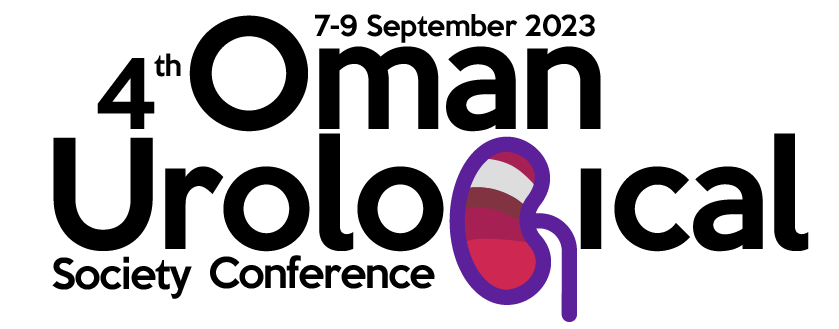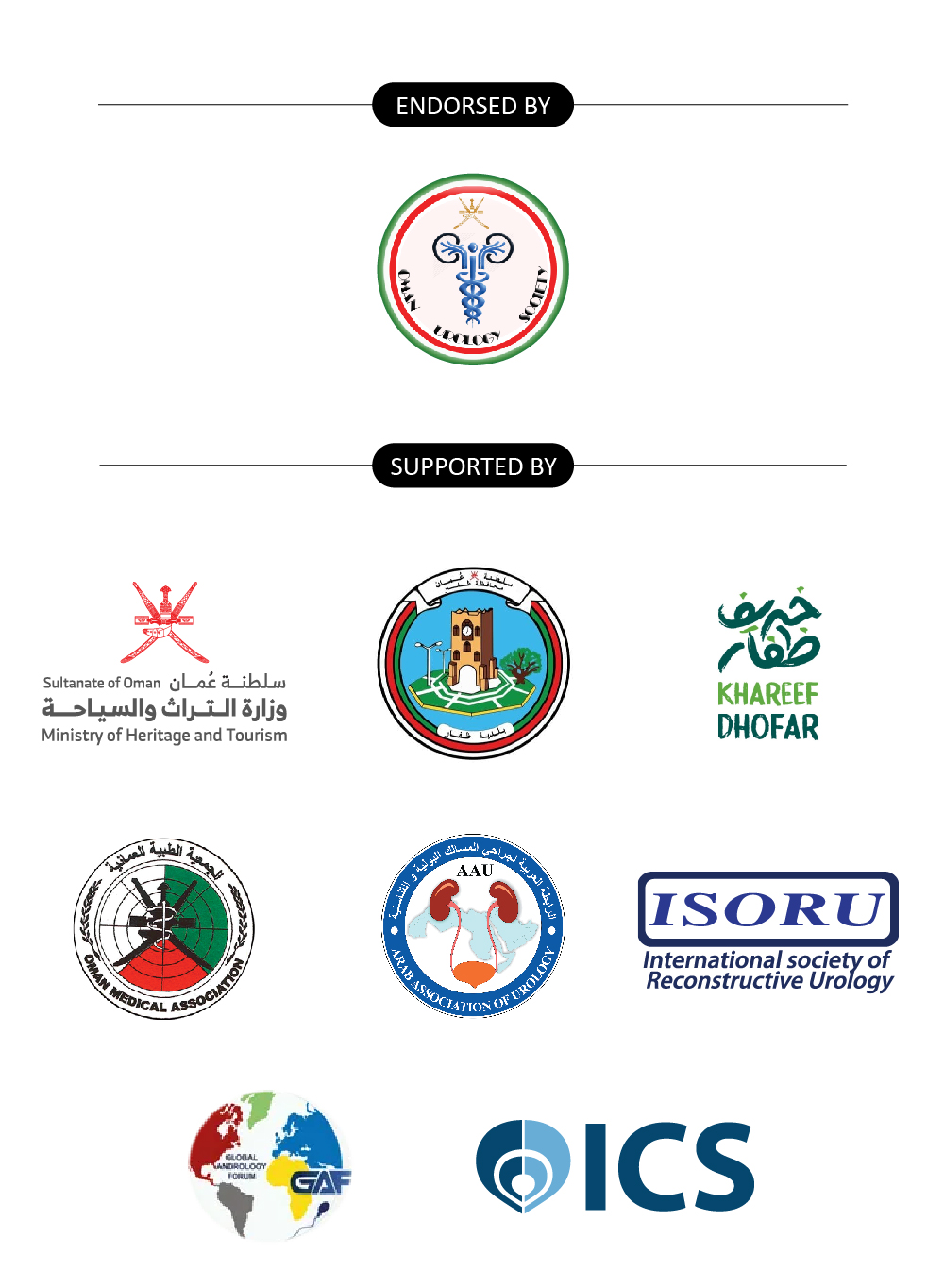 |
Friday, March 22, 2019 at 09:30 AM – 10:15 AM on Workshop Room B |
| Facilitators: Mr. Enda Murphy |
About the workshop: 80% of people who develop the most common mental health difficulties will have their GP as their only professional health resource.
This is especially true of practitioners in Islamic culture where access to professional services is limited and has led to an over reliance on the prescription pad in mental health consultations.
The National Institute for Clinical Excellence (NICE) has stated that ‘Cognitive Behavioural Therapies (CBT) are the principal evidence based psychological treatment recommended for common mental health problems’.
Research suggests that to manage their mental health, most people merely need two things; information and support. When combined, outcomes are extremely good.
The vast majority of people can be helped to overcome their distress through ‘low intensity’ interventions delivered by GPs,
Objective: This workshop demonstrates a model of CBT which translates complex psychodynamics into a simple framework where specific problems can be easily identified and treated.
This provides a proven method that can be easily learned and applied within the constraints encountered in the health care services of Islamic cultures facilitating a change in the recurring nature of consultations. These interventions are highly effective in treating anxiety, depression and most common mental health problems being treated by GPs in Islamic culture today
Learning Outcomes:
1) Identify complex mental health issues and put them into a simple ‘jargon free’ framework from which specific problems can be identified.
2) Provide practical CBT skills which can be used in treating these problems.
3) Demonstrate how best practice principles can be easily translated into Islamic culture providing a more focused approach to difficult problems leading to more effective outcomes
Participation by delegates: Participants are encouraged to bring with them clinical case histories, for presentation and discussion. The workshop is fully interactive and is designed to encourage lively debate and debate.


